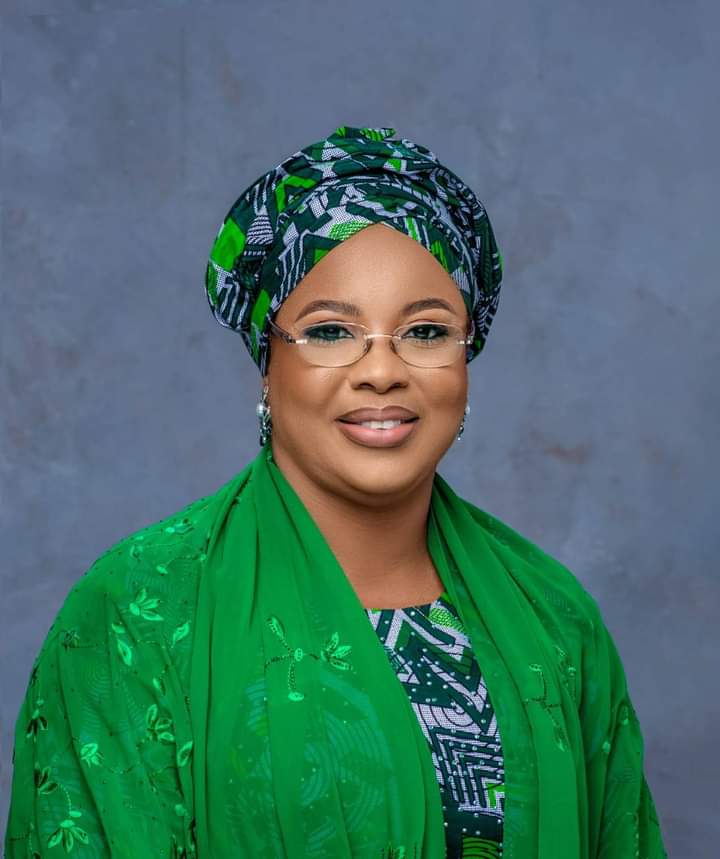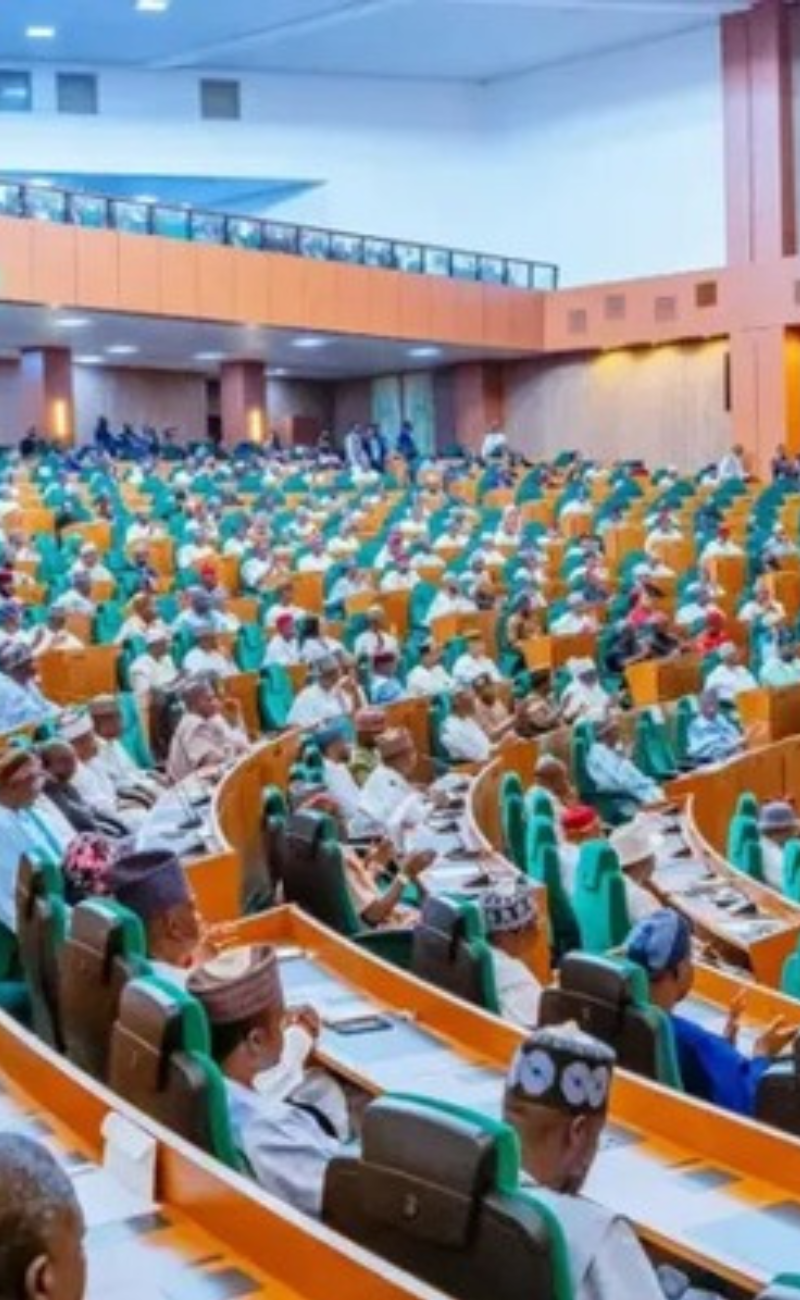
The quest for gender equality and social inclusion in Nigeria’s governance framework has taken another step forward with the introduction of several constitutional amendment bills aimed at promoting fair representation and women’s rights.
![]()
Three bills, currently through to the second reading stage in the House of Representatives, collectively address long-standing legal gaps that have hindered gender parity in key political and social structures. This editio of GESI tracker examines the significance and potential impact of these bills.
Equality in the Federal Character Commission
A bill for an act to alter the provisions of the constitution of the Federal Republic of Nigeria, 1999 (as amended) to ensure gender equality in the composition of the Federal Character Commission (FCC) and for related matters is sponsored by Rep. Kafilat Ogbara (APC, Lagos). It seeks to ensure gender equality in the composition of the federal commission.

The FCC is an executive body established by Act No 34 of 1996 to implement and enforce the federal character principle of fairness and equity in the distribution of public posts and socio-economic infrastructures among the various federating units of the Federal Republic of Nigeria. However, gender balance has been overlooked, resulting in male-dominated appointments.
Despite a general commitment to the principle of non-discrimination as enshrined in Section 2 of the 1999 constitution, the country falls short of providing males and females with equal opportunities to progress politically.
Furthermore, the National Gender Policy (2006) advocates for at least 35 percent representation of women in political and decision-making positions, but this target remains largely unmet.
While this bill aligns Nigeria’s governance structures with international best practices and commitments under the United Nations Sustainable Development Goals (SDG 5 – Gender Equality) and the African Union’s Agenda 2063, it seeks to institutionalise gender parity in appointments, guaranteeing that women are no longer underrepresented.
Citizenship rights to spouses of Nigerian women
Currently, Nigeria’s nationality law grants automatic citizenship to foreign wives of Nigerian men but denies the same right to foreign husbands of Nigerian women. This discriminatory provision has long been criticized as a violation of equal rights.

A bill for an act to alter the provisions of the constitution to grant citizenship rights to spouses of women from Nigeria, specify the minimum number of youths and women that may be appointed into specific offices; and for related matters is jointly sponsored by Rep. Daniel Asama Ago (LP, Plateau) and Rep. Kafilat Ogbara (APC, Lagos).
It seeks to correct this imbalance by allowing women to confer citizenship on their foreign spouses, just as men do. It also proposes the inclusion of a minimum quota for youths and women in public appointments, promoting greater representation in governance.
The Nigerian constitution, as it stands, allows a foreign woman married to a Nigerian man to acquire citizenship, but it does not extend the same right to foreign men married to Nigerian women. This provision is widely regarded as discriminatory and inconsistent with global human rights standards.
Additionally, Nigeria has long faced challenges in ensuring adequate representation of women and young people in leadership roles. The introduction of a legal quota for their inclusion in public offices aligns with efforts to implement the national gender policy, which advocates for at least 35 percent female representation in governance structures.
By addressing discriminatory nationality laws and promoting inclusivity in political appointments, the bill seeks to foster a more just and representative governance system.
Eliminating gender-based discrimination
Rep. Akin Alabi’s bill for an act to alter the constitution to completely eliminate discrimination against women in the nationality law, by allowing for wives to be able to pass on their nationality to their foreign husbands and for related matters, takes the nationality reform further by proposing a complete eradication of gender discrimination in nationality laws.

Unlike Rep. Ago and Rep. Ogbara’s bill, which addresses specific cases, this bill offers a blanket reform that ensures women and men enjoy equal rights in conferring citizenship on their foreign spouses. By doing so, Nigeria would align itself with modern constitutional democracies that uphold gender parity in nationality laws.
This bill may provide greater stability for families of Nigerian women married to foreign nationals, granting their spouses the same rights and privileges as those of Nigerian men married to foreign women.
The proposed change will also help eliminate bureaucratic obstacles that have often left families in limbo due to unequal nationality laws.
The bigger picture…
These bills collectively represent a significant push toward gender equity in Nigeria’s legislative and governance frameworks. By addressing disparities in nationality rights, government representation, and appointment structures, they tackle systemic barriers that have hindered women’s participation in governance and public life.
However, for these bills to become law, sustained advocacy and legislative support are crucial. The success of these amendments will depend on the willingness of lawmakers to recognize and address gender imbalances in governance structures. If enacted, they will mark a milestone in Nigeria’s journey toward achieving true gender equality and social inclusion.
As deliberations continue in the House of Representatives, stakeholders must remain vigilant, ensuring that these progressive reforms move beyond legislative chambers into concrete policy implementation.




